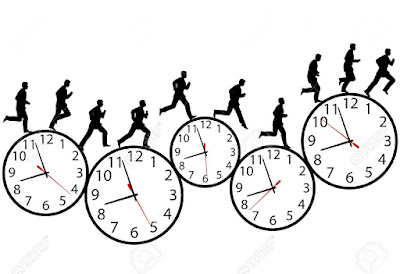Interpreters and translators are often faced with similar challenges, but interpreters must be better multi-taskers in their job. They have to listen and speak to more than one other person at the same time. But how do they do it?
The reality is that we all do that very same thing a lot of the time, but not necessarily in multiple languages. How often have you found yourself dutifully listening to someone talking to you but find yourself perking up your ears to another conversation going on at the same time? Or finding yourself in a lively group of people all talking at once. It’s not that managing multiple conversations at the same time is particularly easy, but it can be done. Like anything in life, if you have the incentive, then you can learn to get better. It’s the same with the multi-tasking interpreter.
In a way, even the German English translator must multi-task to some extent. It all depends on how fluent they are in both languages or whether they have to consciously think in the language they are translating into. The interpreter must listen and talk at the same time, in more than one language, so this is definitely a more difficult task, but not necessarily any more difficult than the example given at the beginning of this article. Think of the multiple conversation scenario. The brain has to cope with what could be very different messages being converted at the same time, while the interpreter only has to convert a single message, albeit in two or more different languages.
Professionals who choose a career in English German translation or interpreting generally go through a period of training. That doesn’t make a perfect interpreter, but it certainly sets them up on the path to being a good multi-tasker. One of the ways interpreters are trained is to first listen to a variety of recordings, audio as well as video. These should be varied and not just regular news style recordings, but the sort of more disjointed speech that many people use when they are talking. The next step is to ‘shadow’ what is being spoken by repeating the words out loud. Then, the same speech should be repeated, but using paraphrasing, making it more natural and understandable to whoever might be listening. The last step is to repeat the latter, but in another language.
German English translators have the luxury of time on their side and aim for accuracy in their translations. Interpreters do not have the time to be meticulous in their delivery, but have to get the gist across as well as they can!

